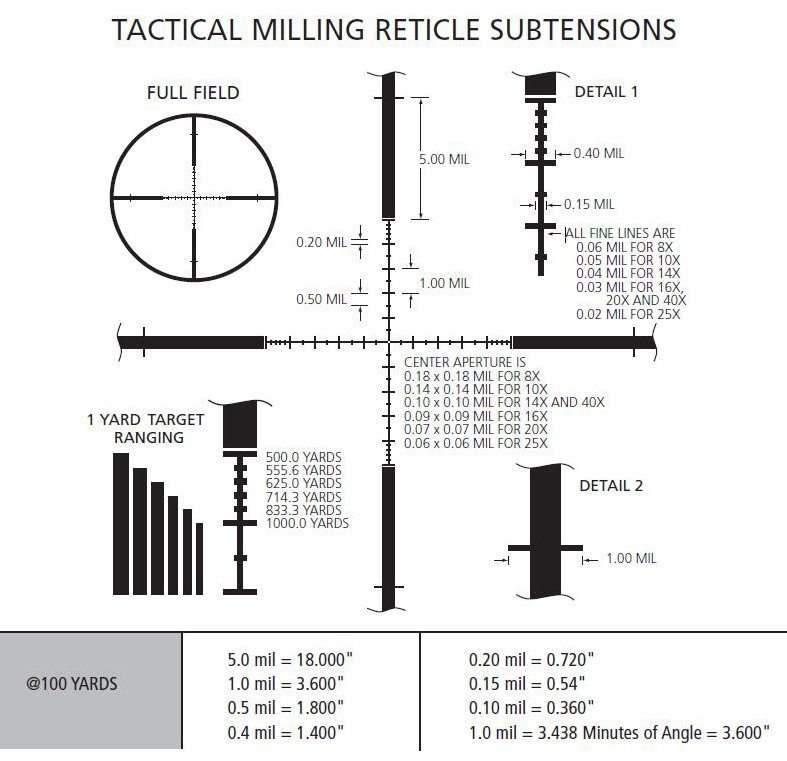,
Iraq's President Jalal Talabani has angrily rejected the “dangerous” recommendations of a high-level US report that pushed for a change of American strategy in the war-torn country.
Talabani told journalists Sunday that the Iraq Study Group's call for the United States to pressure Baghdad into speeding up its process of national reconciliation was an insult to Iraq's national sovereignty.
“If you read this report one would think that it is written for a young, small colony that they are imposing conditions on, neglecting the fact that we are a sovereign country, and respected,” he said.
The president was angered by the recommendation that more US troops be directly assigned to Iraqi army units, demanding instead that Prime Minister Nuri al-Maliki be given full command of all Iraqi forces.
“Our Iraqi people are able to run the country, we've proven that,” he insisted, noting that the country has held two elections and a referendum.
“Perhaps many people are surprised that we haven't been able to achieve security? It's because our hands are tied. The prime minister cannot move 10 soldiers from a place to another place. How can we provide security?” he asked.
If Iraq is given control over its own armed forces and is allowed to oversee training with American support, the 132,000-strong US force in Iraq might be able to go home within one or two years, he promised.
Talabani said he would write to US President George W. Bush — whom he described as “courageous” — to make clear Iraqi objections to the study group advice, much of which the US leader has already discarded.
“As a whole, I reject this report,” Talabani told a news conference in English and Arabic at his residence in Baghdad, which was called explicitly to denounce the work of the Iraq Study Group.
“I think that the Baker-Hamilton report is not fair and not just, and it contains dangerous articles which undermine the sovereignty of Iraq and its consitution,” he said.
The report, which was received in Washington as an indictment of Bush's strategy in Iraq, was written by 10 former officials working under former secretary of state James Baker and Democratic congressman Lee Hamilton.
Talabani's most scathing attack on the report was on Baker himself, who in Iraq is seen as reponsible for the US decision not to overthrow Saddam Hussein after expelling his forces from Kuwait in 1991.
Iraq's Kurdish and Shiite populations had rebelled against Saddam's rule in anticipation of receiving American support, but were massacred by the hundreds of thousands as US troops stood by.
“We smell in this report the attitude of James Baker in the aftermath of the war in Kuwait,” Talabani said.
Talabani said a call in the report that senior former members of Saddam's Baath party be included in Maliki's national reconcilaition process was “against the long struggle of the Iraqi people against dictatorship.”
“We see this an an insult to the people of Iraq. This is not within their authority or their powers, to set these things for the Iraqi people. Iraq is a sovereign state,” he declared.
Talabani also gave firm backing to his fellow Kurd, Massud Barzani, who as president of northern Iraq's autonomous Kurdish region criticised the study group for not visiting Kurdish areas while preparing the report.
Iraq's leader promised to stand by the clause in the Iraqi constitution that will allow the oil-rich northern city of Kirkuk a referendum on whether it will join the Kurdish region, despite Baker's recommendation that it be postponed.









